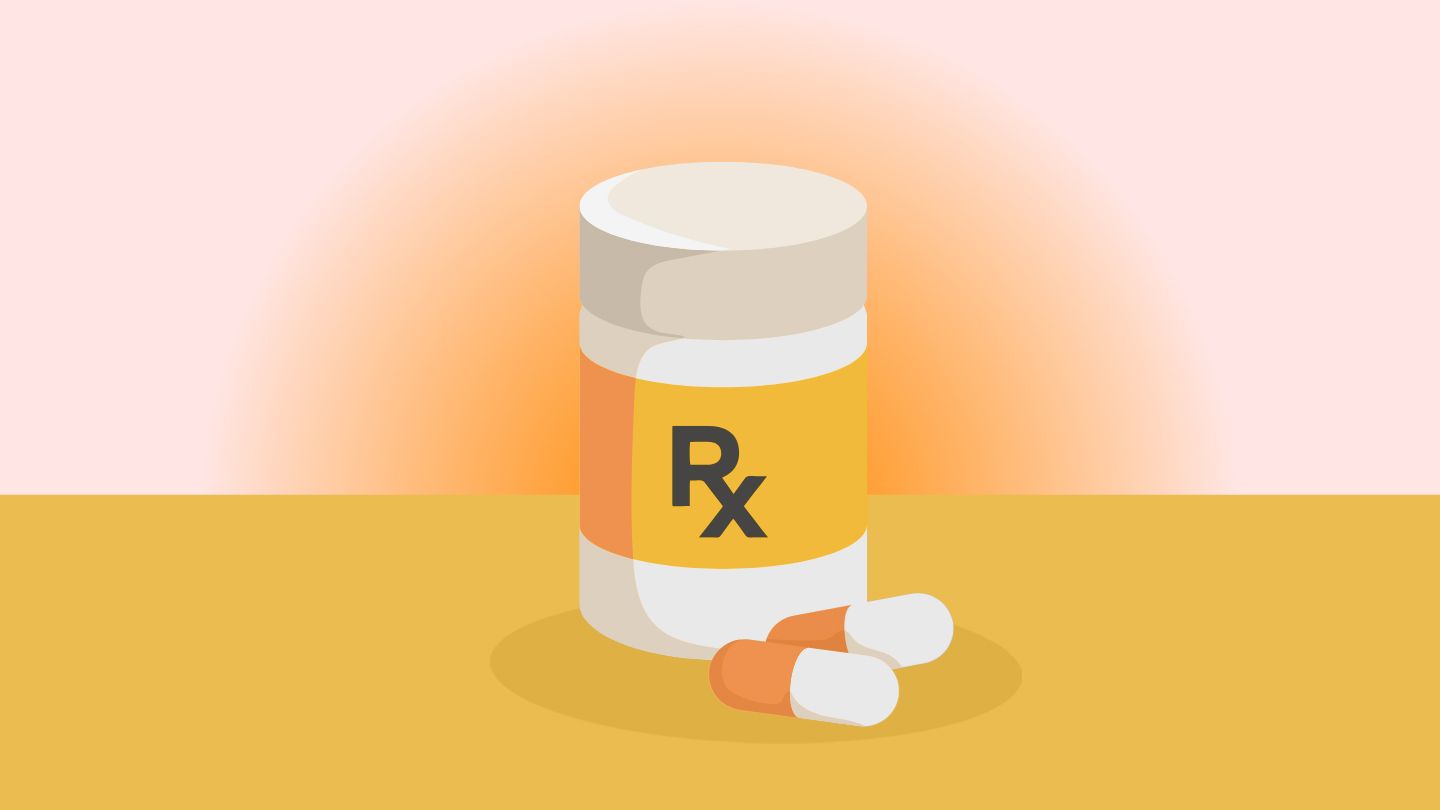When disaster strikes and you have to flee your home with little or no warning — the current reality for many wildfire evacuees in the Los Angeles area — whether or not you have enough of your prescription medication may not be the first thing on your mind.
Overall, preparation can make it easier to avoid missed medication doses, says Vipul Patel, PharmD, the executive director of pharmacy and oncology services at Cedars-Sinai in Los Angeles. “If you have enough lead time, take all your medications and supplies, including blood glucose monitors, with you,” Dr. Patel says. When you can plan ahead, it also helps to have a complete list of your medications, any drug allergies, and contact information for your doctors and your regular pharmacy.
Call Your Pharmacy First
Your go-to pharmacy — if it’s open and reachable — is a great place to call for help when you know you’ll have to evacuate. “Patients can contact their pharmacies and discuss earlier refills. There are many situations where insurance will allow earlier refills or additional quantities,” Patel says. “You may also be able to contact your pharmacy and have them send you your medication list, if the pharmacy is accessible during the state of emergency.”
Can I Fill My Prescription at Another Pharmacy From the Same Chain?
When your regular pharmacy is part of a chain, another location may be able to help you get refills, says Ryan Nix, PharmD, the senior director of operations at Vanderbilt Specialty Pharmacy in Nashville, Tennessee.
“If your pharmacy is closed, many pharmacy chains share information across their different locations, so at any of the locations, they would be able to pull in your information and electronically transfer the prescription to their location,” Dr. Nix says. “If that is not an option, another resource would be to let the pharmacist know what prescriber you see for your medication and they could contact that prescriber directly to get a new prescription.”
Transferring Your Prescription to a New Pharmacy
When you evacuate to an area that isn’t served by the same chain as your local pharmacy, you may be able to get the pharmacy back home to transfer your records and medication information to a drugstore at your current location, Nix says.
“Provide the new pharmacy with the contact information to your normal pharmacy location and the pharmacist should be able to take care of the rest,” Nix says.
Your Insurance Company or Doctor May Also Be Able to Transfer Your Prescriptions
Things get trickier — but not impossible — when you evacuate without your medications and prescription information and your local pharmacy near home is closed.
In that case, a pharmacist may be able to call your insurance or your doctor to verify the prescription information, Patel says. Alternatively, you may be able to call your insurance company and get a complete medication list along with authorization for emergency refills. Be sure to keep your health insurance card on your person when you evacuate.
“Many insurance plans will allow exceptions during a state of emergency that may provide a way to fill your medication early if you had to leave in a hurry or allow you to fill outside your normal pharmacy network,” Nix says. They may also agree in some cases to waive or reduce extra out-of-pocket costs you would normally face for using an out-of-network pharmacy.
What if I Don’t Have Any Refills Left?
Don’t assume you’re out of luck just because you’re out of refills, Patel says. When there’s a federal, state, or local emergency declared, pharmacies can provide what they determine is a reasonable supply of medication even when you don’t have refills.
“Under their professional judgment, pharmacists can refill prescriptions if failing to refill the prescription might interrupt ongoing care or have a significant adverse impact on the patient’s well-being,” Patel says.
Consider Replacing Damaged Meds
Exposure to the elements can damage medications, making them ineffective or even dangerous.
In the same vein, any medication exposed to flood waters — even if they’re sealed in screw-top bottles or have snap-on lids — should not be used, because they could be contaminated.
Don’t Forget to Store Medication Properly
Read the full article here




